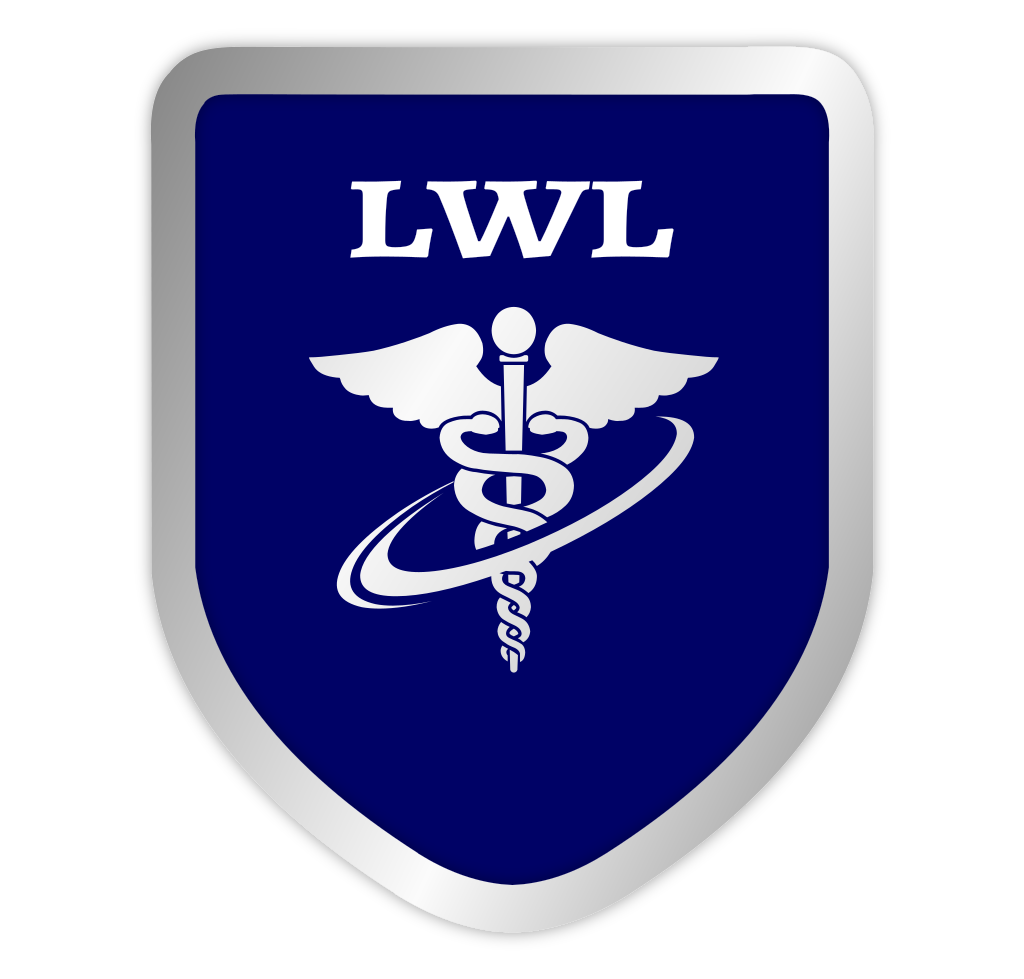The Great Egg Debate
Given their high cholesterol content, the health effects of eggs have come into question yet again, with a new study linking cholesterol consumption and heart disease.
The study, published in the Journal of the American Medical Association (JAMA) in March, analyzed 6 studies in the US following approximately 30,000 participants over an average of 17 years. It found that higher consumption of dietary cholesterol or eggs was associated with an increased risk of cardiovascular disease (stroke in particular) and death. What’s more, the risk for heart disease was dose-responsive, meaning it seemed to increase further for each 300mg increase in dietary cholesterol intake and for each additional half-egg consumed per day. However, when adjusting for total dietary cholesterol consumption, the association between egg consumption and heart disease became insignificant, indicating that it wasn’t anything specific to eggs causing heart disease outside of the high cholesterol content itself.
Although it’s always great to see large-scale nutrition studies being done, this one in particular is troubling because it contradicts several other studies that have not shown an association between dietary cholesterol intake and heart disease among the general population. So the question is, what do we do with these results?
First, let’s take a look at the study itself. It does have several strengths, including a large sample size, a variable population from the US, and long-term follow up. Additionally, the authors analyzed primary data points from each of the 6 included studies rather than relying on their previously calculated statistics.
This study also has major limitations. As with all nutrition studies, the authors had to rely on participant recall and self-reporting regarding their food intake, which can be inaccurate and unreliable. But, unlike in other studies, the participants were only asked once – at the beginning of the study – about their dietary habits. This means that over those average of 17 years, the participants could have (and likely did) changed their egg/cholesterol intake, but they would only have been counted for what they initially reported. Also, and again as with almost all nutrition data, this study was not a randomized controlled trial, meaning its results represent a correlation but cannot be interpreted as cause-and-effect.
Despite its limitations, when it comes to nutrition, I would characterize this as a relatively strong study. However, it is still just one in a sea of others. And given the multiple nutrition benefits of eggs, including a low carbohydrate and high protein content, I will not recommend eliminating egg yolks completely from a patient’s diet based on these results alone.
However, moderating egg and cholesterol intake is sensible. After all, consider that eggs and red meat are eaten in very limited quantities in the Mediterranean Diet, which has been shown in multiple studies to be associated with a lower risk of heart disease. Eggs and red meat are also consumed in only small quantities in the Blue Zones of the world, which are parts of the world with the highest concentration of people living over the age of 100. Because of the difficult nature of nutrition studies, I tend to rely more heavily on what we can learn from pockets of the world that have lower-than-average rates of chronic disease such as these when providing dietary advice.
I am sure the great egg debate is not over, and that is why my dietary recommendations are always fluid. There is always more to learn about how nutrition affects our health, and sometimes effects we see on a population level do not apply or are different at the individual level. Therefore, I always consider a patient’s specific needs, biochemistry, and genetics when providing long-term dietary advice. As for myself, I will continue to eat eggs (including the yolk) in moderation, 1-3 times per week, and I do not eat any red meat. For ideas on high protein non-egg breakfasts, see my Instagram account (@lifelongweightloss).
Sincerely,
Dr. M
